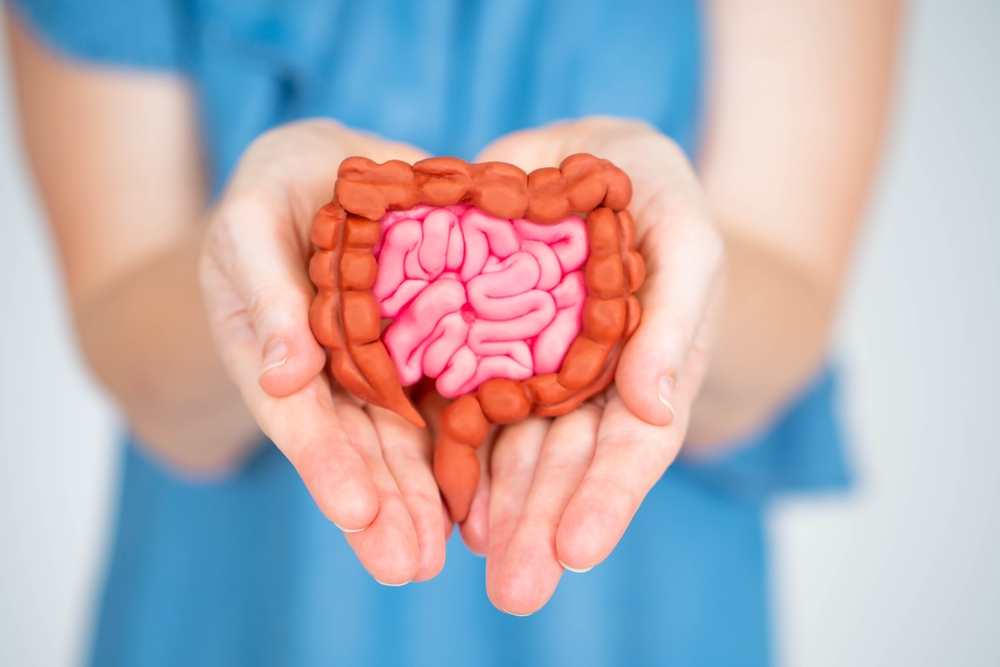Welcome to the fascinating world of gastroenterology! While it might sound like a mouthful, this field of medicine plays a crucial role in understanding and maintaining our digestive health. Whether you realize it or not, your digestive system is hard at work every single day, helping to break down food and absorb essential nutrients for optimal functioning. In this blog post, we’ll delve into the ins and outs of gastroenterology, uncovering the importance of digestive health and providing valuable tips on how to keep your gut happy and healthy. So sit back, relax, and let’s embark on an enlightening journey through your stomach and intestines!
What is Gastroenterology?
Gastroenterology is a specialized branch of medicine that focuses on the diagnosis, treatment, and prevention of diseases and disorders affecting the digestive system. This includes not only your stomach and intestines but also organs like the liver, gallbladder, and pancreas. Gastroenterologists are highly trained physicians who have expertise in understanding how these organs work together to ensure proper digestion.
One key aspect of gastroenterology is endoscopy. This procedure allows doctors to examine the inside of your digestive tract using a flexible tube with a camera attached (known as an endoscope). It can help identify issues such as ulcers, polyps, or inflammation that may be causing symptoms like abdominal pain or persistent indigestion.
Gastrointestinal conditions can range from common ailments like acid reflux or irritable bowel syndrome (IBS) to more serious conditions like Crohn’s disease or colon cancer. Gastroenterologists play a crucial role in diagnosing these conditions through various tests such as blood work, imaging studies, and biopsies.
Treatment options within gastroenterology vary depending on the specific condition but may include lifestyle modifications (such as changes in diet), medication management, or even surgical interventions when necessary.
Gastroenterology is an essential field that helps us better understand our intricate digestive system and ensures its optimal functioning for overall health and well-being. So next time you enjoy a delicious meal without any tummy troubles – remember to thank gastroenterology for keeping your gut happy!
The Role of the Digestive System
Our digestive system plays a vital role in keeping our bodies functioning properly. From the moment food enters our mouths, it begins its journey through this intricate network of organs and processes that work together seamlessly to break down and absorb nutrients.
First, as we chew our food, enzymes in saliva start breaking it down into smaller particles. Then, when we swallow, the food travels down the esophagus and into the stomach. Here, gastric acid helps further break it down while killing any harmful bacteria that may be present.
Next stop: small intestine. This is where most of the digestion and absorption takes place. Enzymes from various organs such as the pancreas and liver join forces to extract essential nutrients from our meals.
Whatever remains passes through to the large intestine where water is absorbed before waste products are eliminated through bowel movements.
But digestion isn’t just about extracting nutrients; it’s also connected to other bodily functions like immune health. The gut houses trillions of microorganisms called gut microbiota which help regulate our immune responses.
Intriguingly enough, researchers have found links between imbalances in gut microbiota and conditions like obesity, diabetes, and even mental health disorders like depression.
Tips for Maintaining Good Digestive Health
Maintaining good digestive health is essential for overall well-being. Here are some tips to help you keep your digestive system in top shape:
1. Eat a balanced diet: Include plenty of fiber-rich foods like fruits, vegetables, whole grains, and legumes in your meals. These will help regulate bowel movements and prevent constipation.
2. Stay hydrated: Drink an adequate amount of water throughout the day to keep your digestion flowing smoothly. Water helps break down food and aids in nutrient absorption.
3. Limit processed foods: Processed foods often contain additives, preservatives, and unhealthy fats that can disrupt digestion. Opt for fresh, natural ingredients whenever possible.
4. Practice portion control: Overeating can put strain on your digestive system and lead to discomfort. Listen to your body’s hunger cues and eat until you feel satisfied but not overly full.
5. Manage stress levels: Stress can wreak havoc on your digestion by causing symptoms like bloating or stomachaches. Find healthy ways to cope with stress such as exercise, meditation, or hobbies that bring joy.
6. Exercise regularly: Physical activity stimulates the muscles in your gastrointestinal tract, helping food move through more efficiently while reducing the risk of conditions like constipation.
7. Get enough sleep:Adequate rest enables proper functioning of all bodily systems including digestion.
Sleep deprivation may contribute to digestive issues such as acid reflux or irritable bowel syndrome(IBS).
Conclusion
Taking care of your digestive health is essential for overall well-being. Gastroenterology plays a vital role in diagnosing and treating disorders related to the digestive system, ensuring that you maintain optimal health.
By understanding the basics of gastroenterology and the importance of digestive health, you can make informed choices about your lifestyle and diet. Incorporating simple tips like eating a balanced diet, staying hydrated, exercising regularly, managing stress levels, and avoiding unhealthy habits can go a long way in maintaining good digestive health.
Remember to listen to your body and seek medical advice if you experience any persistent symptoms or discomfort. Regular check-ups with a gastroenterologist are also recommended to detect any potential issues early on.
Prioritizing your digestive health today will pave the way for a healthier tomorrow. By implementing these practices into your daily routine, you can ensure that your digestive system functions optimally, promoting overall wellness and vitality.
So why wait? Start taking control of your digestive health now! Your gut will thank you for it!

